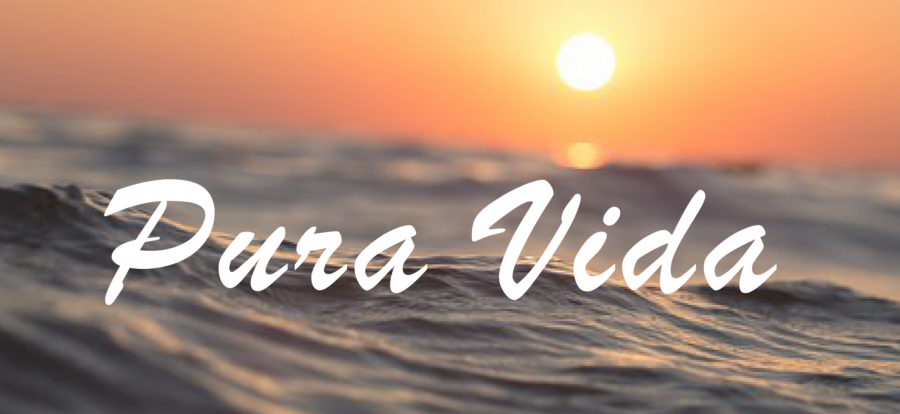An Unofficial National Symbol
“Pura Vida” is not just a phrase; for Costa Ricans, it’s a way of life. With slight variations in tone, “Pura Vida” can express gratitude, displeasure, happiness, sarcasm, greetings, farewells, affection, or reprimand. It has become the unofficial national symbol that Costa Ricans wear proudly, a badge of identity recognized worldwide.
While many believe this phrase has been embedded in the Costa Rican culture since the dawn of time, its historical incorporation into their lexicon is relatively recent.
Origin Controversies: From Clavillazo to Easy Rider
For a long time, the popular belief was that the phrase was adopted from a 1956 Mexican film starring comedian Clavillazo. This narrative was widely spread by a 2013 article in ‘La Nación’. However, an alternative explanation has emerged, linking its origins to the iconic American film, “Easy Rider” from 1969.
Delving into Easy Rider
“Easy Rider”, an undeniably more significant cinematic classic than any of Clavillazo’s films, was a labor of love from Peter Fonda and Dennis Hooper. The movie tackled themes emblematic of late 1960s life: recreational drug use, the hippie movement, life in communes, rock and roll’s surge as an expressive medium, and societal prejudices against young counterculture members during the tumultuous Vietnam War era.
According to Daniel Lorenzo, a researcher passionate about the history, motorcycles, and music of the 1970s Costa Rica, the origin of “Pura Vida” is intertwined with a particular scene in “Easy Rider”. Peter Fonda, in the film, uses the phrase with a cadence very similar to how Costa Ricans pronounce it today.
Challenging the Popular Narrative
An article from 2013 by journalist Randall Corella in ‘La Nación’ presented the idea that the phrase’s origin lay in the 1955 Mexican movie titled “Pura Vida”, starring Clavillazo. Lorenzo, however, refutes this, highlighting that the film had only a brief three-day run in Costa Rican cinemas, making it unlikely to have left such a lasting impact.
Lorenzo suggests it’s implausible that a short-lived movie could sow the seeds of a sociocultural revolution. Instead, he makes a case for “Easy Rider”, where a phrase coined during a cocaine deal becomes emblematic of an entire nation’s identity.
Love, Peace, and a Cultural Shift
1969 was pivotal for global youth culture, with the Woodstock festival and the premiere of “Easy Rider”. Although Costa Rica was relatively insulated from the socio-political upheavals of the time, the delayed cinematic releases of these iconic events in 1970 significantly impacted the nation’s youth.
According to Lorenzo, “Easy Rider” was responsible for introducing “Pura Vida” to the younger generation. Initially, the phrase was used mainly among the youth, especially the local hippies. Over time, despite resistance from conservative sections of society, the phrase found broader acceptance and became integral to Costa Rican culture.
Concluding Thoughts
While the true origins of “Pura Vida” remain debated, what’s undeniable is its deep-rooted significance in Costa Rican identity. Whether derived from a counterculture film of the 1960s or a fleeting Mexican movie, the phrase stands as a testament to Costa Rica’s vibrant, evolving cultural tapestry.

